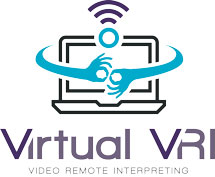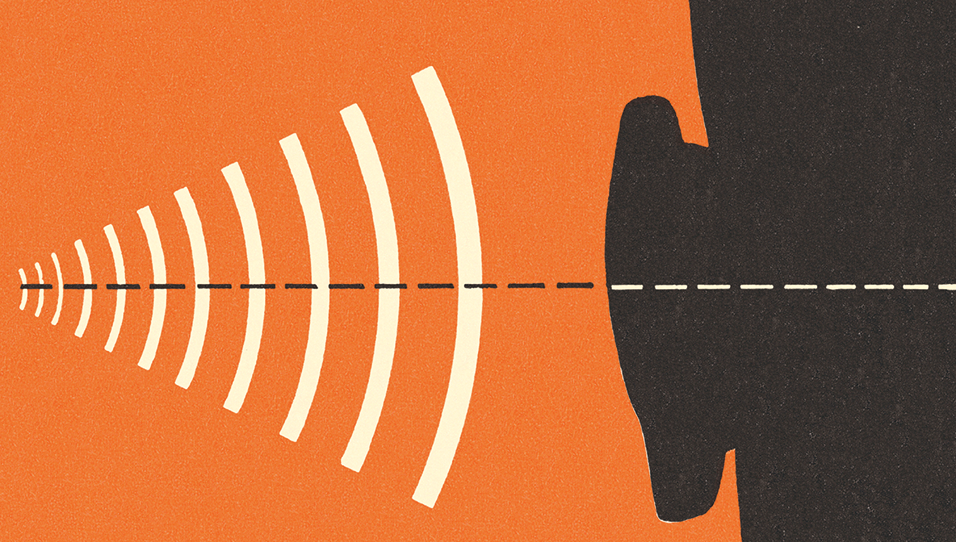As more medical professionals consider how they deliver patient-centered care, one question to consider is how your office works with deaf patients, who have different needs than the hearing population, which affect care outcomes and engagement.
“The more a patient understands the causes of his problem, the mechanics of how to correct his problem and the tools to prevent reinjury, the more effective his treatment will be,” says Beth Allbritton, PT, Northlake Physical Therapy, Lake Oswego, Ore. “It is very difficult to ‘fix’ a problem without patient participation in his treatment, [and] proper communication with the patient is key.”
Medical offices are responsible for providing effective patient communication with deaf patients, according to the Americans with Disabilities Act (ADA), Title II: “Effective communication is particularly critical in healthcare settings where miscommunication may lead to misdiagnosis and improper or delayed medical treatment.”
Some deaf patients might require the services of a qualified sign language interpreter, who can be nationally certified by the Registry of Interpreters for the Deaf. Smaller offices might be eligible for government tax credits when they use these interpreters.
Family members or friends are not qualified by the ADA as interpreters because they are not trained or unbiased, and might not have adequate sign language skills for medical settings.
You like it?
Read More…

